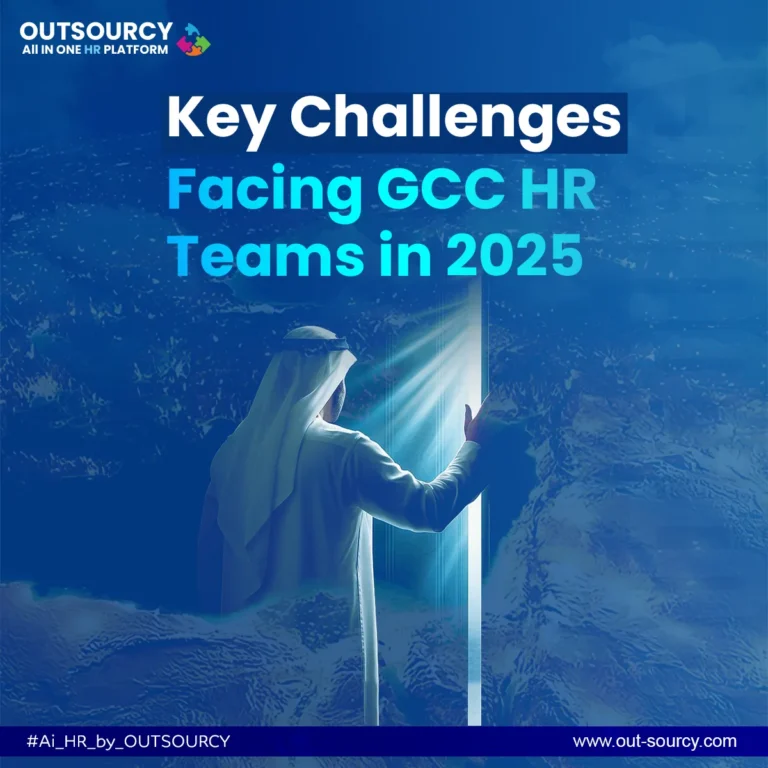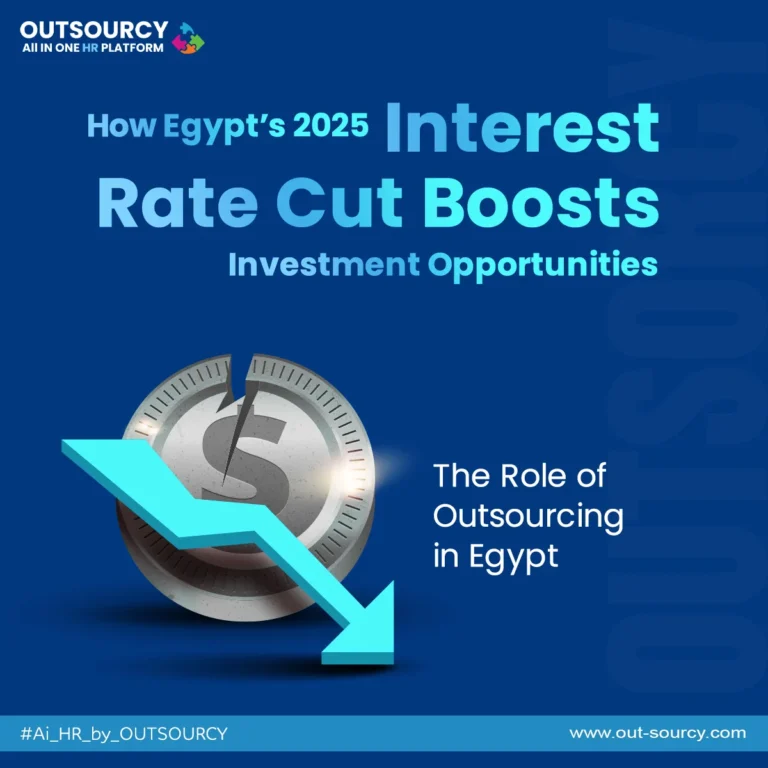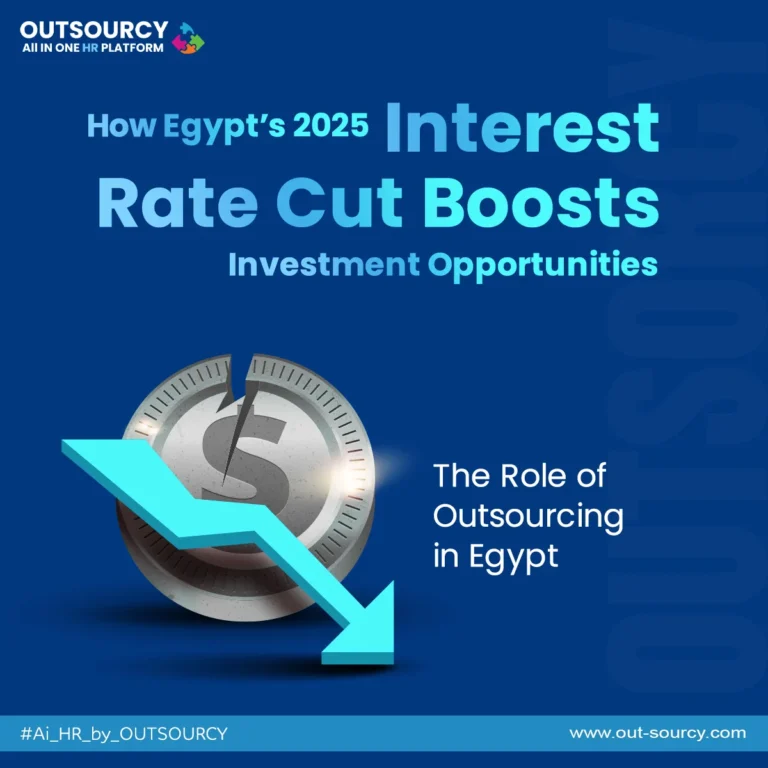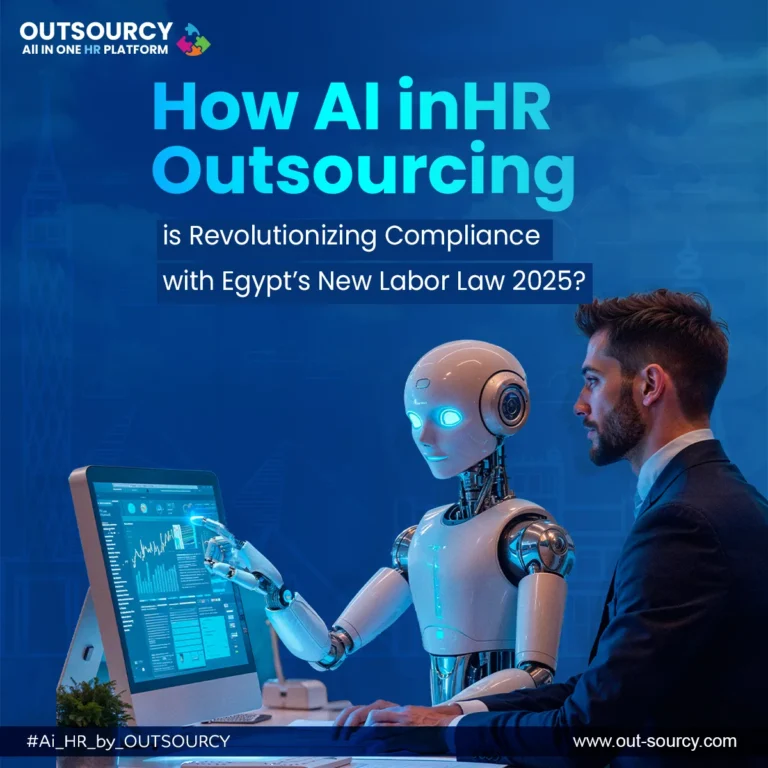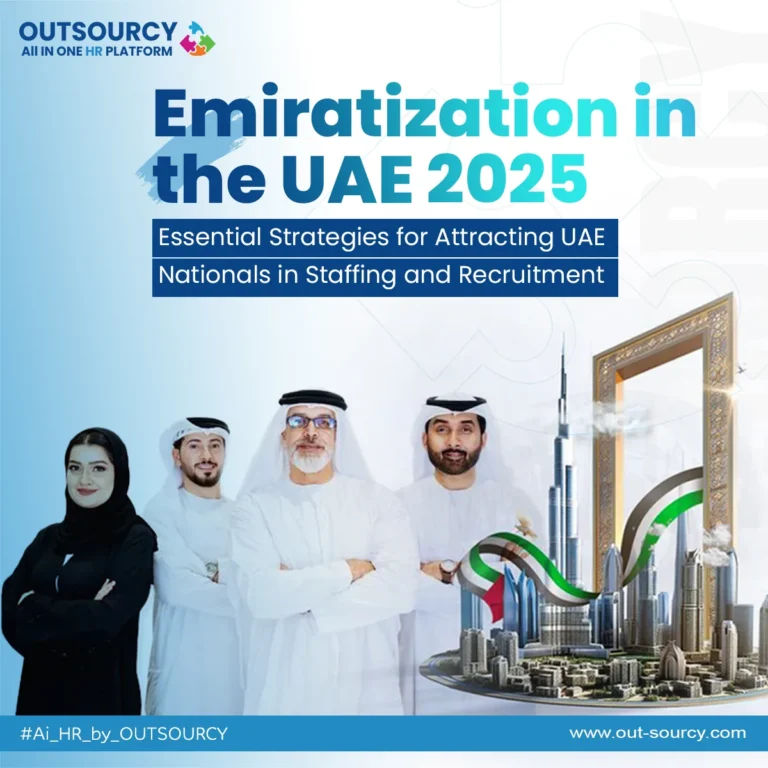The future of human management in the Gulf Cooperation Council (GCC) region is facing a rapid transformation. As governments push for localization, tech disrupts traditional practices, and talent markets tighten, HR leaders are under more pressure to stay ahead of the curve.
In this article, we will dive into the top 5 GCC HR challenges in 2025, explore the HR trends shaping the region, and provide practical solutions tailored to Gulf employers.
Common HR Challenges GCC companies face
1. Navigating Frequent Regulatory and Labor Law Changes
Each GCC country (UAE, Saudi Arabia, Qatar, Bahrain, Kuwait, and Oman) has its own evolving labor laws, making cross-border compliance increasingly complex. Failing to comply with these regulations can lead to severe penalties, visa delays, and reputational damage—making it one of the most critical HR challenges in the GCC.
Solution:
- Regularly monitor government portals (e.g., MOHRE UAE or HRSD Saudi) for updates.
- Invest in automated HR compliance tools to track changes, manage contract templates, and store employment documents securely.
- Collaborate with local legal experts when drafting employment contracts in new markets to ensure full compliance.
2. Retaining Top Talent in a Competitive Job Market
According to Gulf News, 65% of employees in the UAE are expected to switch jobs by the end of 2025. This growing turnover rate highlights one of the most pressing GCC HR challenges—the need to retain skilled workers amid fierce competition from multinational corporations and regional startups.
Solution:
- Go beyond salary by offering flexible benefits like school fee support, hybrid work models, wellness programs, and housing allowances.
- Develop structured career development frameworks with clear progression paths.
- Prioritize employee well-being, from mental health support to financial literacy initiatives.
3. Closing the Skills Gap in a Digitally Driven Economy
As industries like fintech, smart cities, and e-commerce expand, the Gulf is witnessing a widening skills gap. A 2024 PwC survey revealed that 61% of Middle East employees believe they need new tech skills to remain competitive—making this one of the fastest-growing HR challenges in the GCC.
Solution:
- Partner with national upskilling programs such as Tamkeen (Bahrain), Human Capability Development Program (KSA), and Nafis (UAE).
- Implement blended learning programs that combine online courses with in-person workshops.
- Align training initiatives with business objectives to maximize ROI and career growth potential.
4. Accelerating Digital Transformation in HR
Despite significant progress, many GCC companies still rely on outdated, manual HR processes that hinder recruitment speed, payroll efficiency, and compliance accuracy. This technological lag remains a major GCC HR challenge.
Solution:
- Adopt cloud-based HR platforms for full process automation—from onboarding to performance management.
- Encourage a culture of lean innovation, testing cost-effective solutions that deliver high impact.
- Ensure a human-first approach by involving employees in the adoption process and collecting feedback regularly.
5. Promoting Diversity, Equity & Inclusion (DEI)
The GCC’s workforce is one of the most diverse globally, yet cultural and communication gaps can create friction if not managed properly. Inclusive teams, according to Gulf News (2025), are 39% more likely to outperform competitors financially—making DEI a strategic necessity, not just an HR initiative.
Solution:
- Build DEI programs focused on fairness, equity, and leadership inclusivity.
- Celebrate cultural diversity while enforcing unified HR policies.
- Train managers to lead cross-cultural teams effectively and foster a sense of belonging among all employees.
Inclusive teams are 39% more likely to outperform competitors financially (Gulf News, 2025).
Lead the Change with Flexible HR Models
As GCC economies transform under initiatives like Saudi Vision 2030 and UAE Centennial 2071, businesses must adapt their HR operations to stay competitive. Partnering with HR outsourcing services and Employer of Record providers like OUTSOURCY allows companies to:
- Stay compliant across multiple jurisdictions.
- Access top talent quickly without establishing local entities.
- Focus on innovation while outsourcing HR complexities.
In 2025 and beyond, the winners in the GCC job market will be those who combine strategic HR planning with smart outsourcing, digital adoption, and a strong focus on employee experience.



